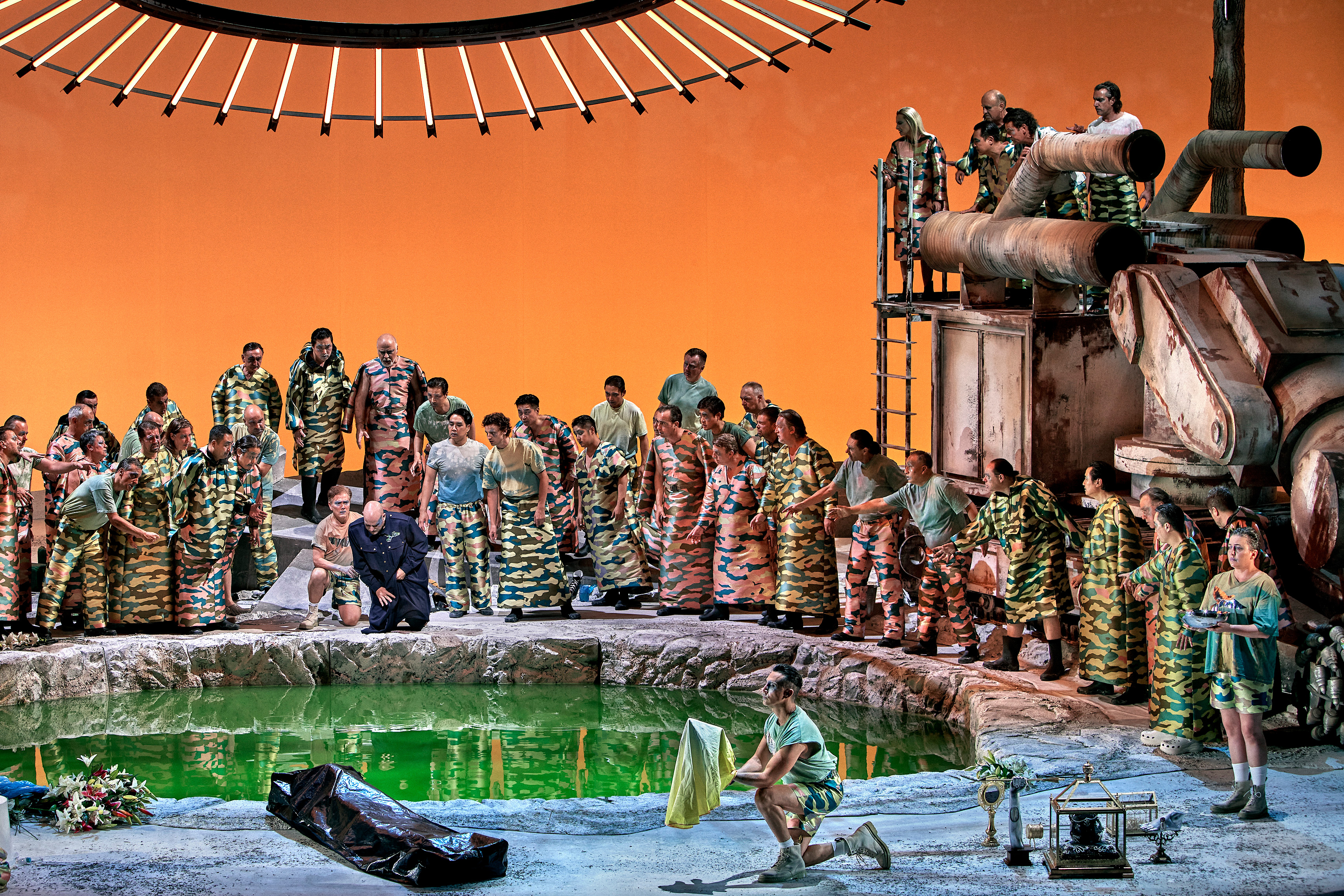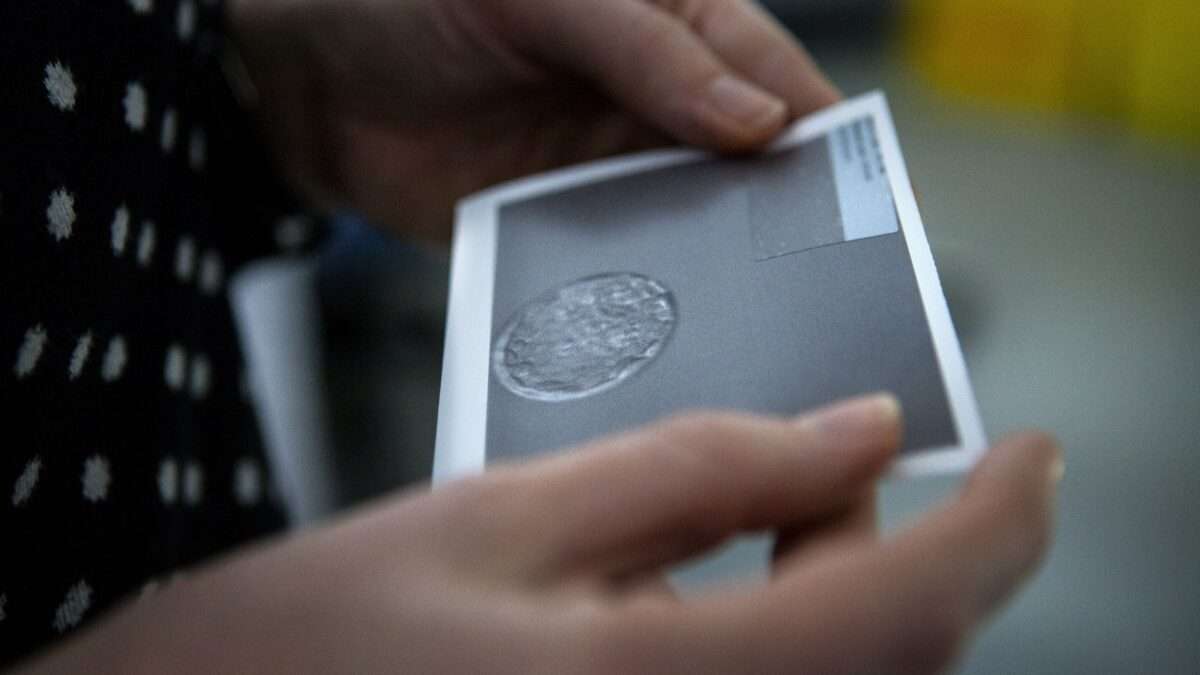Arkansas S. Ct. Formally Admonishes Judge Whose Order Characterized S. Ct.'s Opinion as "LOCO"
From Steinbuch v. Pulaski County Circuit Court, decided today by the Arkansas Supreme Court (note that the lead plaintiff is a professor at the University of Arkansas at Little Rock):
Judge Welch presided over a civil action involving whether licensed attorneys in Arkansas are "officers of the court" and thus authorized under Arkansas Code Annotated section 5-73-122(b) to carry firearms in courthouses. The plaintiffs were Arkansas attorneys. Their complaint sought a declaratory judgment and injunctive relief. The defendants—the Pulaski County Sheriff and the Pulaski County Judge—filed a motion to dismiss the complaint. Judge Welch granted the motion to dismiss. Judge Welch ruled not only that the plaintiffs were procedurally barred from bringing the action but also that "an interpretation of ACA § 5-73-122 as suggested by the Plaintiff, [would] be [u]nconstitutional." Judge Welch also concluded that the "Plaintiff's [a]rgument fails, as it is founded upon a flawed premise that mis-reads the plain meaning of ACA § 5-73-122."
The plaintiffs appealed from the dismissal order. The appeal brought the interpretation of section 5-73-122 before this court. We affirmed in part and reversed and remanded in part. We held the statute's use of "officers of the court" included attorneys and that the statute allows them to possess handguns in courthouses. We therefore concluded that "the circuit court erred when it denied … plaintiffs' petition for a declaratory judgment." The charge on remand was not complex—Judge Welch was instructed to "enter an order consistent with this opinion."
Upon remand, Judge Welch entered a "Temporary Order on Lawyer/Officer-of-the-Court Carry, Partial Stay, Notice of Hearing, and Order of Partial Dismissal." The following includes some relevant excerpts from his order:
The Opinion [referring to this court's Corbitt decision] limits the Supreme Court's Superintending Authority over courts under Amendment 80. It also creates a new class of unlicensed, heretofore untrained, armed lawyers in courthouses of the State, in apparent conflict with the myriad of legislative enactments promoting carry permits….
The "Lawyer/Officer-of-the court Carry" Opinion ("LOCO," hereafter) ….
"Stakeholders" (In addition to the Sheriff, and the other parties), including Police Chiefs, and District Court Representatives will be invited to attend and submit input, on application, as Amici. The Court anticipates more than one hearing may be necessary to implement the vision of the Supreme Court….
IT IS ORDERED that PENDING THE HEARING, further implementation of "The Lawyer/Officer-of-the court Carry" Opinion in this case SHALL BE STAYED except as concerns the FIRST FLOOR of the Pulaski County Courthouse ….
Judge Welch proceeded to enter various additional stays of this court's opinion pending a hearing scheduled in August 2024…. [W]e issued notice to Judge Welch that his order may have violated the Code of Judicial Conduct….
The substance of Judge Welch's response can be summed up under two points. First, Judge Welch understood this court's mandate in Corbitt, which reversed and remanded his prior decision, as a charge to conduct further proceedings. He took that as his duty to consult with others, issue a variety of orders, and implement the court's decision as he deemed practical and appropriate, and "that is what … Judge [Welch] did." He was wrong. His written response contains the following explanations:
For example, on April 22, 2024, Judge Welch began researching and reviewing other applicable laws and regulations that might impact the manner in which he would carry out this Court's holding. …
He also toured the North Little Rock District Court Complex; he reviewed layouts of other courthouses; and he met with numerous colleagues and county officials….
The varying floor plans of Pulaski County's many courthouses presented unique challenges not contemplated in the Corbitt Appeal Opinion or Mandate. He listened to the frustrations of those directly impacted by this Court's decision….
He issued the May 7 Order, the intent of which was to create a procedure for holding "further proceedings consistent with this [Court's Corbitt Appeal] opinion," while simultaneously balancing the valid safety concerns addressed in neither the Corbitt Appeal Opinion nor Mandate.
Second, Judge Welch explains that he meant no disrespect to this court but that his "style, diction, and delivery are consistent with the vigorous written debate that has defined our judiciary for over a century." He believes he properly exercised his right of free speech but "admits that some of its characterizations should not have survived the editor's pen … [and that his] diction may have deserved greater care and forethought." He also suggests that injury to reputation should not quash the right to free speech and that he spoke on a matter concerning the safe administration of justice….
This court is exercising its superintending authority under Amendment 80, section 4 of the Arkansas Constitution….
Rule 1.2 [of the Code of Judicial Conduct] provides that
[a] judge shall act at all times in a manner that promotes public confidence in the independence, integrity, and impartiality of the judiciary, and shall avoid impropriety and the appearance of impropriety.
We find that Judge Welch's order failed to promote confidence in the judiciary. It did the opposite and undermined public confidence. Labeling and referring to an opinion by the Supreme Court of Arkansas as "LOCO" erodes public confidence. His written opinion stating that the Supreme Court's opinion "creates a new class of unlicensed, heretofore untrained, armed lawyers in courthouses of the State" also erodes public confidence. To suggest that this court created a class of armed lawyers is dangerous, and it undermines the public's understanding of the judiciary's role. In Corbitt, we interpreted a statute passed by the Arkansas General Assembly. We interpret laws, we do not make them, and Judge Welch's suggestion to the contrary damages the public's view of the separation of powers and the role of the judiciary.
His response does not demonstrate that he understands the severity of his conduct. Suggesting that his comments were consistent with "the vigorous written debate that has defined our judiciary for over a century" is misguided. A trial court is not "participating in rigorous debate" when it receives a mandate from an appellate court and issues an order staying most of it and labeling it as "LOCO." That is disingenuous.
Imagine if circuit courts across this state were to ignore mandates and stay orders of the Supreme Court of Arkansas and our Court of Appeals. It would be unprofessional, rebellious, and harmful to the public's confidence in the judiciary's ability to follow its own rules. As judges, we must follow our established framework if we expect others to do the same. Judge Welch's actions had no place on the bench, and it is disheartening that, when given an opportunity to reflect, he failed to recognize the impact of his actions. The public must have confidence that judicial orders will be followed and that appellate mandates will be carried out. We find that Judge Welch violated Rule. 1.2….
Rule 2.2(A) provides that
[a] judge shall uphold and apply the law, and shall perform all duties of judicial office fairly and impartially.
The comment explains that "[a]lthough each judge comes to the bench with a unique background and personal philosophy, a judge must interpret and apply the law no matter if the judge approves or disapproves of the law in question." Judge Welch made it clear in his written order that he disagreed with this court's interpretation of the statute and with the statute itself. His opinion was sprinkled with disparaging remarks about the court's interpretation of the statute. He then purported to stay an opinion and a mandate of the Supreme Court of Arkansas for three months because he "believe[d] a need for restraint pending the Hearing [was] required before the influx of Lawyers Officers." Judge Welch exceeded the role of circuit judge by staying our decision. {We note that, although Judge Welch attempted to stay the implementation of our mandate, he had absolutely no authority to do so. Lower courts are vested with jurisdiction only to the extent conferred by this court's opinion and mandate, and any proceedings on remand that are contrary to the directions contained in our mandate are considered null and void.}
Judge Welch had earlier declared the statute unconstitutional; on appeal, this court disagreed and concluded that Judge Welch had erred by denying the plaintiffs' petition for declaratory judgment. On remand, any learned judge would know that the next step is to enter judgment for the plaintiffs—not to stay the supreme court's order and sua sponte attempt to create an administrative scheme that redefines the legislation and this court's mandate. A declaratory-judgment action seeks a declaration one way or another. It does not ask a judge to initiate and create an administrative scheme for application of a statute. That is not the role of the circuit court.
Further, the principle of fair and impartial treatment forbids judges from conducting independent fact-finding and ex parte discussions involving a case. Yet Judge Welch's response states that, following the Corbitt opinion and before entering his subsequent order, "[h]e also toured the North Little Rock District Court Complex; he reviewed layouts of other courthouses; and he met with numerous colleagues and county officials." This is independent fact-finding and ex parte communication. We find that he neither performed his duties impartially nor left his personal views behind him and he violated Rule 2.2….
Rule 2.3(B) states that
[a] judge shall not, in the performance of judicial duties, by words or conduct manifest bias or prejudice, or engage in harassment, and shall not permit court staff, court officials, or others subject to the judge's direction and control to do so.
The comment explains that examples of bias include the use of demeaning nicknames or negative stereotyping. Using the word "LOCO" to refer to an opinion from the Supreme Court of Arkansas violates this rule. Judge Welch is a circuit judge with Amendment 80 general jurisdiction. According to the Sixth Judicial District's Administrative Plan, he is one of the circuit judges who hears cases in the civil-commitment mental-health court, thus we think he should be more circumspect with his word choice. Using the Spanish word loco, meaning crazy, cavalierly referring to another court's judicial order in a joking manner exceeds the bounds of appropriate judicial behavior. And when given an opportunity to respond, to admit only that he should have had better editing skills, suggests a lack of judicial maturity and reflection. We find that Judge Welch violated Rule 2.3.
We are also mindful that this court in 2012, acting on encouragement from Arkansas members of the American Board of Trial Advocates, added the following pledge of civility to the Attorney Oath of Admission to the Bar of Arkansas:
I will maintain the respect and courtesy due to courts of justice, judicial officers, and those who assist them.
To opposing parties and their counsel, I pledge fairness, integrity, and civility, not only in court, but also in all written and oral communication.
It is not lost on this court that we administered this oath to the newest members of the Bar of Arkansas on May 3, 2024, only to have Judge Welch undermine it four days later, on May 7, 2024.
Because this court finds that Judge Welch has violated Rules 1.2, 2.2, and 2.3 of the Code of Judicial Conduct, we formally admonish him. Given his failure to recognize the severity of his actions, we order the following remedial measures:
- Enroll and complete Ethics and Judging: Reaching Higher Ground (JS 601), a web-based 6-week course with the National Judicial College from June 10 to July 25, 2024.
- Complete another 3 hours of ethics continuing legal education by September 30, 2024.
… Judges must be circumspect in their official roles and while presiding over a case. Judge Welch expressed his frustration at the wrong time and in the wrong manner. This court does not make law. His actions as a member of the Arkansas Bar were unacceptable and indeed fell far below what we expect from a member of the judiciary….
I'm skeptical of some of the analysis: For instance, I don't think that characterizing a higher court's decision as "creat[ing] a new class of unlicensed, heretofore untrained, armed lawyers in courthouses of the State" (as opposed to merely interpreting the law) is sanctionable misconduct. Likewise, the problem with labeling a court opinion as "LOCO" strikes me as unrelated to whether the judge "hears cases in the civil-commitment mental-health court," and unrelated to concerns about "bias" and "prejudice" as the Code of Conduct seems to use those words. Nonetheless, it does seem to me that trial judges ought not be labeling higher court opinions "LOCO," or staying higher court opinions for months because they think they're unsound.
The post Arkansas S. Ct. Formally Admonishes Judge Whose Order Characterized S. Ct.'s Opinion as "LOCO" appeared first on Reason.com.







